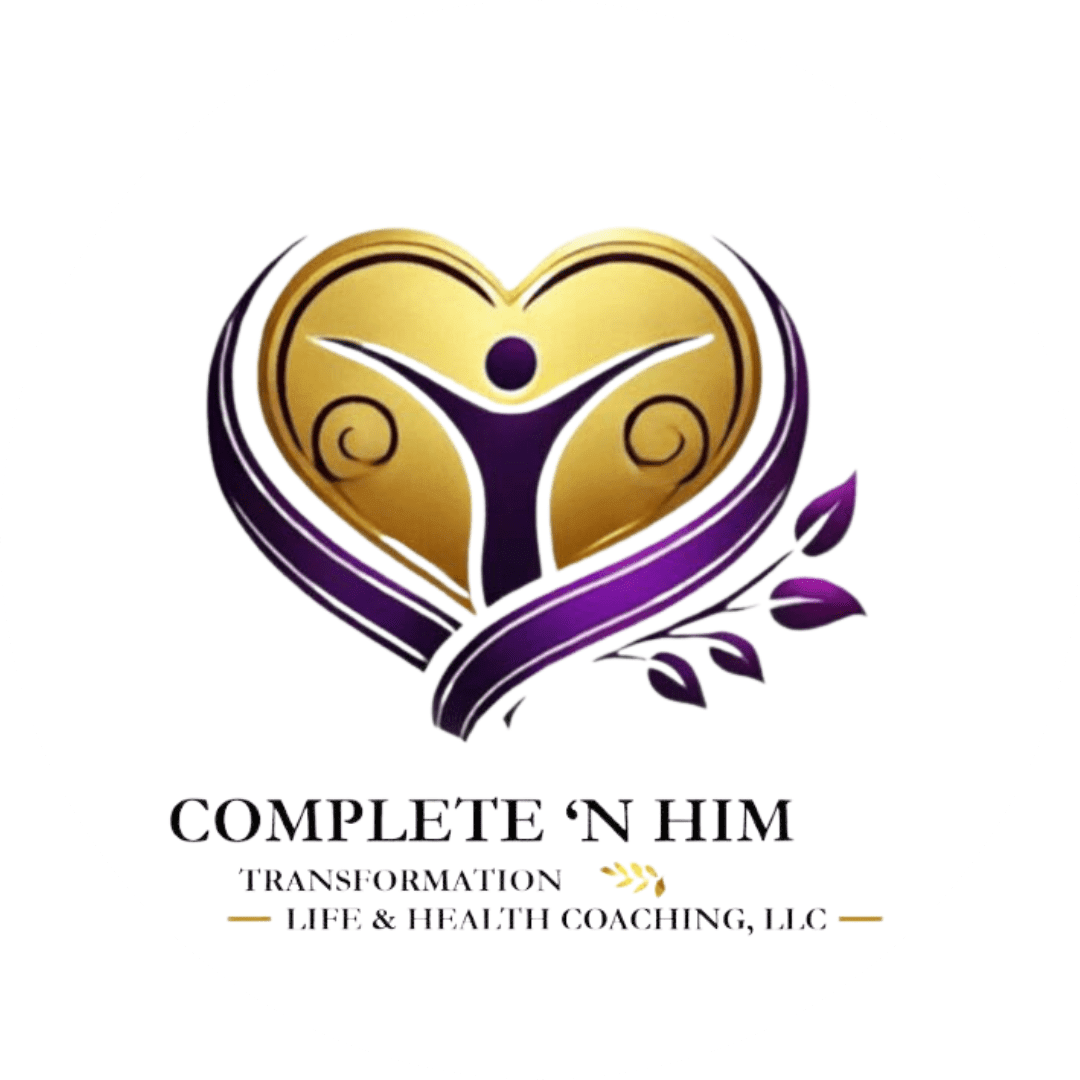Learning to Receive Love: Breaking Barriers to Authentic Connection

Posted on December 21, 2024
Love is one of life’s greatest gifts, but for many, receiving love can be surprisingly difficult. This isn’t about a lack of love in your life but about internal barriers that may prevent you from fully embracing it. Whether it’s self-doubt, past trauma, or societal conditioning, understanding how to receive love is crucial for building authentic and meaningful relationships.
Why Is Receiving Love So Hard?
Receiving love requires vulnerability, and vulnerability can feel like a risk. If you’ve been hurt, rejected, or neglected, your brain might create defenses to protect you from future pain. These defenses, while well-intentioned, can block you from experiencing the love you crave.
According to Dr. Brené Brown, a research professor and author specializing in vulnerability and connection, “We cultivate love when we allow our most vulnerable and powerful selves to be deeply seen and known” (Brown, B., 2012). However, this requires dismantling the walls we’ve built to protect ourselves.
Signs You Struggle to Receive Love
- You Feel Unworthy of Love: Low self-esteem can make it hard to believe someone truly values you.
- You Sabotage Relationships: Creating conflict or distance can serve as a subconscious way to avoid intimacy.
- You Overthink Gestures of Kindness: Doubting the sincerity of someone’s actions can prevent you from appreciating their love.
- You Downplay Compliments: Deflecting praise is a common sign of discomfort with receiving positive attention.
The Impact of Blocking Love
When you struggle to receive love, it doesn’t just affect you—it impacts your relationships. Partners, friends, and family may feel rejected or confused when their attempts to show love are dismissed. This can lead to a cycle where they withdraw, reinforcing your belief that love isn’t accessible.
Research published in the Journal of Social and Personal Relationships highlights that mutual emotional receptivity strengthens bonds, while resistance to love can erode trust and connection (Reis, H. T., et al., 2010).
How to Open Yourself to Love
- Acknowledge Your Barriers
Start by identifying what holds you back. Is it fear of rejection, past trauma, or feelings of inadequacy? Journaling or speaking with a therapist can help uncover these underlying issues. - Practice Self-Love
Loving yourself is the foundation for receiving love from others. Begin by challenging negative self-talk and treating yourself with kindness. According to Louise Hay, a pioneer in self-help, “Love is the great miracle cure. Loving ourselves works miracles in our lives” (Hay, L., 1984). - Accept Love in Small Doses
Begin by saying “thank you” when someone offers you a compliment or help. Resist the urge to deflect or minimize their gesture. - Communicate with Loved Ones
If you struggle with receiving love, let those close to you know. Explain that while their love is meaningful, you’re working through barriers to fully embrace it. - Seek Professional Support
Therapy can be an invaluable tool for exploring and addressing the roots of your difficulty. Techniques such as cognitive-behavioral therapy (CBT) or trauma-focused therapy can help.
The Transformational Power of Receiving Love
Learning to receive love is a journey, but it’s one that can transform your relationships and your life. By allowing yourself to be vulnerable and open, you create space for deeper connections and the joy of being fully loved.
As Maya Angelou beautifully said, “Love recognizes no barriers. It jumps hurdles, leaps fences, penetrates walls to arrive at its destination full of hope” (Angelou, M., 1993). Receiving love is not just an act of acceptance but an act of hope and courage.
References
- Brown, B. (2012). Daring Greatly: How the Courage to Be Vulnerable Transforms the Way We Live, Love, Parent, and Lead. Gotham Books.
- Reis, H. T., & Gable, S. L. (2010). Toward a Positive Psychology of Relationships. Journal of Social and Personal Relationships, 27(1), 5-15. doi:10.1177/0265407509360901
- Hay, L. (1984). You Can Heal Your Life. Hay House.
- Angelou, M. (1993). Wouldn't Take Nothing for My Journey Now. Random House.
Let love in—it’s one of the greatest acts of courage you can take for yourself and those who care for you.
Start Your Transformation
We’re here to support you on your journey toward personal growth and wellness. Whether you’re ready to begin coaching or have questions about our services, we’d love to hear from you.
